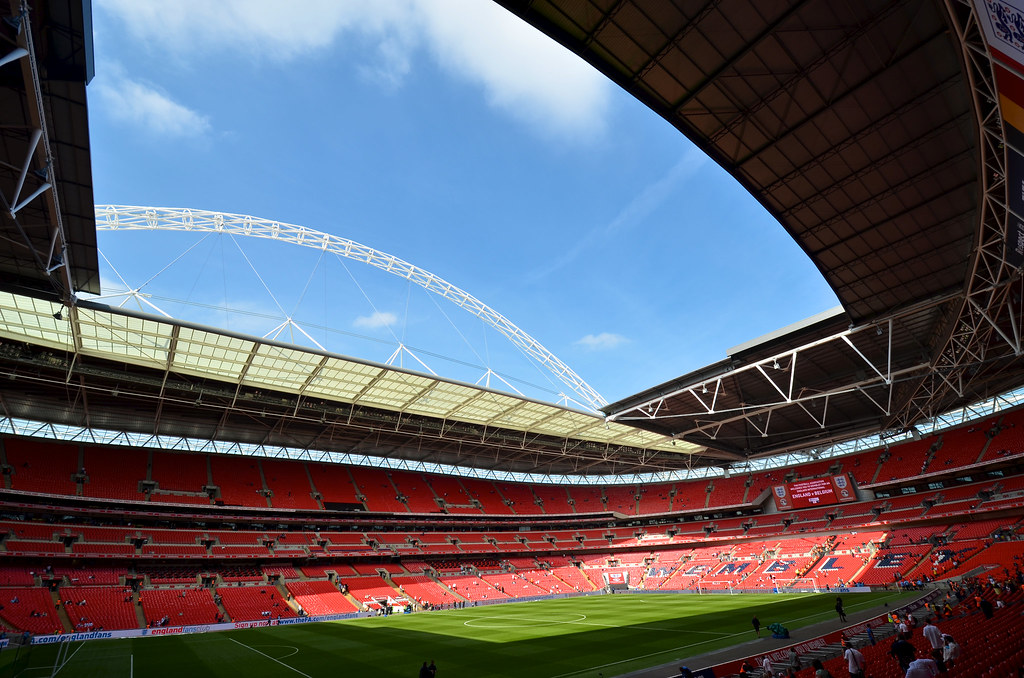It is just over a year since sport tested positive for Covid-19, and it is still a long way from returning to normal.
All sports stopped worldwide during the pandemic. Not being able to watch sport was agonising for the fans. Missing out on the Olympics, Euros and professional leagues was so painful. However, mid-way through the summer, sports slowly returned. The return took place with a number of precautions in place, for example players wearing masks, social distancing on benches and most importantly no spectators. This means it has been over a year since professional sports could host fans at full capacity. It’s excruciating for everyone involved in sports- it just isn’t the same.
Firstly, having no fans can have a significant impact on results. Professional teams can travel hours to play their opponents. After the long journey, players are likely to be more tired than if they played at home. They then have to play in a stadium full of opposing fans. As a player, this can make winning the game that much harder. In addition, as a home player, your supporting fans can give you that extra boost to get the win. Without fans this completely goes out the window. For example, the Merseyside derby. Everton beat Liverpool at Anfield for the first time in 20 years. With over 50,000 reds fans at the stadium, there’s no way this happens.
What is sport without fans? The Tokyo 2020 Olympics were cancelled last year and will take place this summer. However, the organising committee has said foreign fans won’t be allowed at the games, if any at all. This would be a tragedy. The Olympics is nothing without its fans. They don’t just sit there, watch the events and go home. Supporters are up out of their seats, shouting at the top of their lungs in hopes of their country winning a medal. They create a great atmosphere, also away from the events. Remember the 2012 London Olympics, what would that have been without the fans? The elation of the nation was unforgettable. It is sad to see sports take place, knowing what it could be like.
On the other hand, it’s been exciting to see how sports have been affected. Like all professional leagues, the NBA was postponed. The league then resumed at the end of July. Different to other sports, the league took place in something called ‘The Bubble’. All games were played in Orlando and players lived at local hotels, only allowed to travel between the two. Because fans weren’t attending, the games were played in arenas with minimal seating. This saw players shoot much better without spectators, for example TJ Warren jumped from 18 points per game to 26. Some teams also performed better in ‘The Bubble’. The Phoenix Suns didn’t lose a game, despite being notably poor before the restart.
With teams clearly being affected by the change, it will be interesting to see the impact when normality returns. From a fans perspective, it will be nothing short of brilliant. There are very few moments that compare to travelling to the game, waiting for the start of the game and watching elite athletes go to battle. The chants, the cheers and victories are a revelation. As a Tottenham Hotspur fan, completing our stadium came at the most ironic of times. So when fans return, watching Spurs in the Europa League will be great, oh wait!
The return of fans will also see fixture schedules go back to normal. During the pandemic teams have had to play a ridiculous number of games per week. Players across a number of sports have looked exhausted during the past season. This has led to them not playing at their best or being rested more often. Once the schedule goes back to one or two games per week, players will have more time to recover. This will prevent injuries, seeing players and teams compete at their best. The improvement will be important for fans as they looked forward to the one game on the weekend.
With the good and the bad, it is exciting that sports continue and fans are planned to return in the near future. While we watch from our TV’s at home, we can look forward to the good times in the stadiums and pubs this summer.
By Harry Hughes

